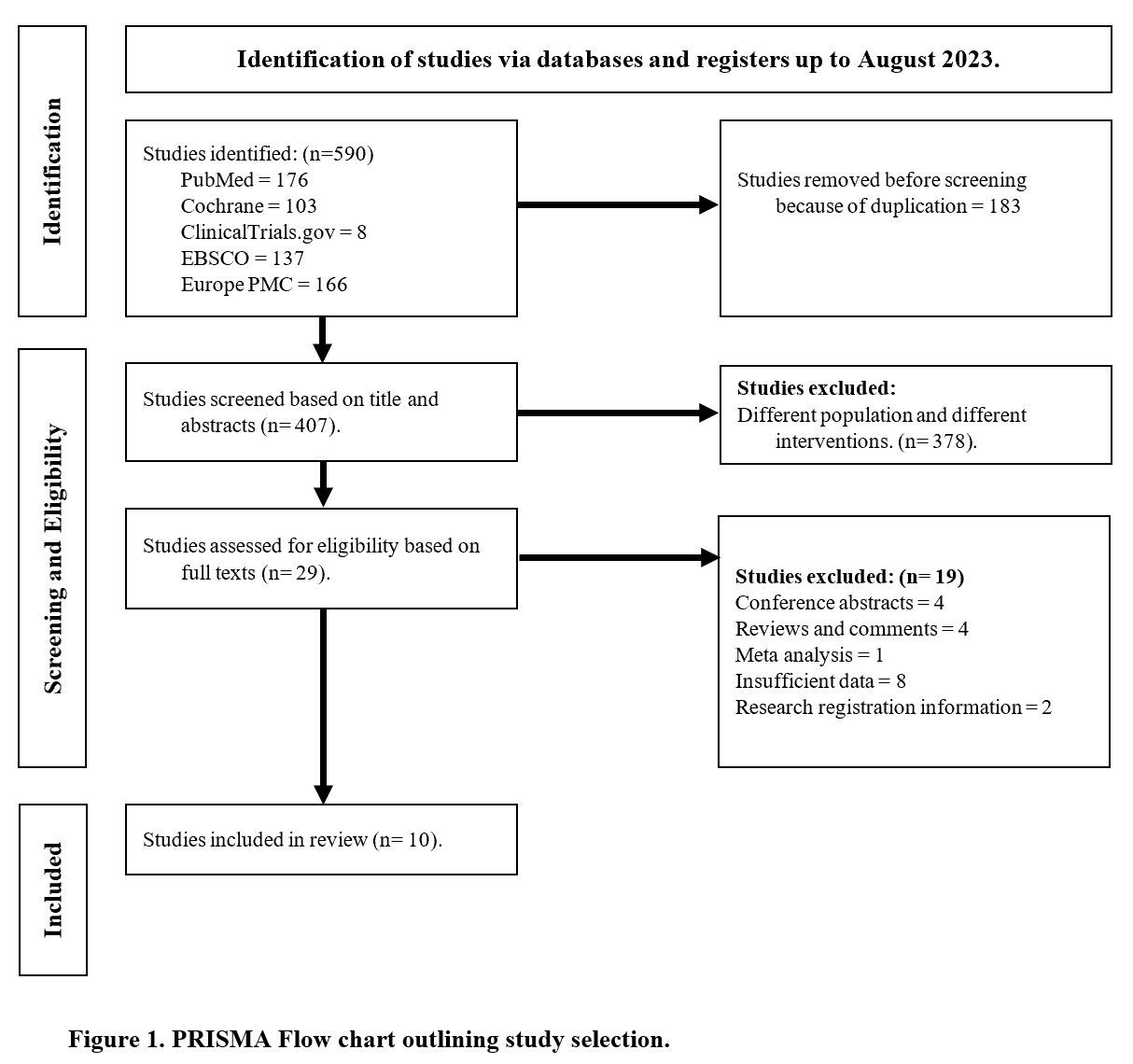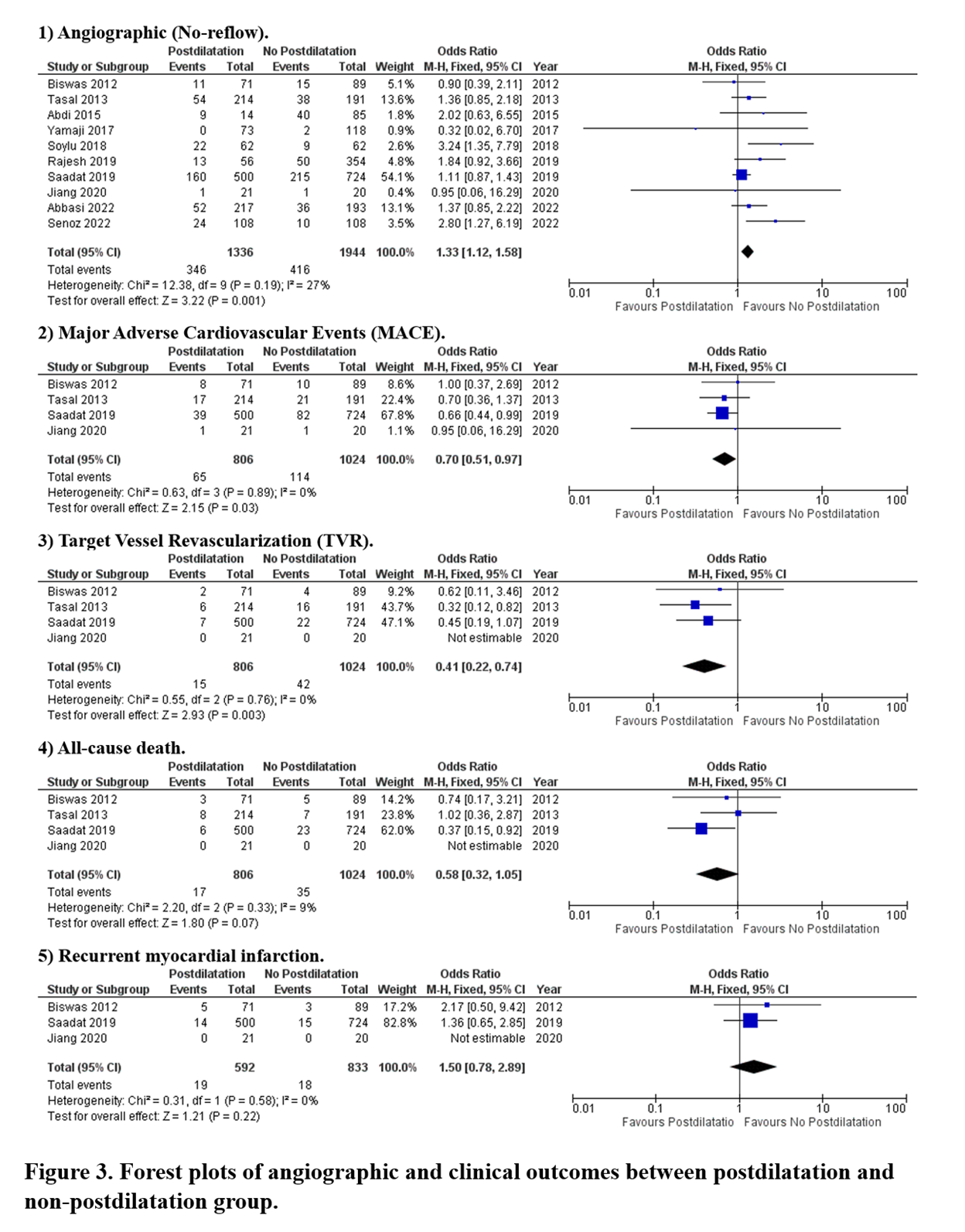Lots of interesting abstracts and cases were submitted for TCTAP 2024. Below are the accepted ones after a thorough review by our official reviewers. Don’t miss the opportunity to expand your knowledge and interact with authors as well as virtual participants by sharing your opinion in the comment section!
TCTAP A-014
Postdilatation After Stent Deployment During Primary Percutaneous Coronary Intervention: A Systematic Review and Meta-Analysis
By Teuku Muhammad Haykal Putra, Wishnu Aditya Widodo, Bayushi Eka Putra, Sunarya Soerianata, Achmad Fauzi Yahya, Jack Wei Chieh Tan
Presenter
Teuku Muhammad haykal Putra
Authors
Teuku Muhammad Haykal Putra1, Wishnu Aditya Widodo1, Bayushi Eka Putra, Sunarya Soerianata4, Achmad Fauzi Yahya5, Jack Wei Chieh Tan6
Affiliation
Jakarta Heart Center, Indonesia1, Pondok Indah Hospital, Indonesia4, Dr. Hasan Sadikin Central General Hospital, Indonesia5, National Heart Centre Singapore, Singapore6
View Study Report
TCTAP A-014
ACS/AMI
Postdilatation After Stent Deployment During Primary Percutaneous Coronary Intervention: A Systematic Review and Meta-Analysis
Teuku Muhammad Haykal Putra1, Wishnu Aditya Widodo1, Bayushi Eka Putra, Sunarya Soerianata4, Achmad Fauzi Yahya5, Jack Wei Chieh Tan6
Jakarta Heart Center, Indonesia1, Pondok Indah Hospital, Indonesia4, Dr. Hasan Sadikin Central General Hospital, Indonesia5, National Heart Centre Singapore, Singapore6
Background
The utilization of postdilatation in primary PCI is feared to induce suboptimal coronary blood flow and compromise the outcome of the patients. Cardiac interventionists are expressing their concerns about the risk of coronary dissections, perforations, plaque extrusion, and thrombus embolization, leading to no-reflow condition after performing postdilatation in the setting of acute myocardial infarction. Some clinical trials have already addressed this issue and revealed conflicting results. In order to shed further light on this matter, we conducted systematic review and meta-analysis exclusively in ST-elevation Myocardial Infarction (STEMI) patients to verify whether postdilatation is associated with worse angiographic or long-term clinical outcomes.
Methods
Systematic literature searches were conducted on PubMed, The Cochrane Library, ClinicalTrials.gov, EBSCO, and Europe PMC on August 6th, 2023. Eligible studies reporting the outcomes of postdilatation among STEMI patients were included. The primary outcome was no-reflow condition (failure to achieve TIMI 3 flow) at the end of primary PCI based on angiographic findings. The secondary clinical outcome was Major Adverse Cardiovascular Events (MACE) comprising all-cause death, myocardial infarction, Target Vessel Revascularization (TVR), and stent thrombosis.


Results
Ten studies were finally included in this meta-analysis. This selection comprised three RCTs and seven observational studies from 2012 to 2022 enrolling 3280 patients which were predominantly male (76.6%). Postdilatation was performed in 40.7% cases. Postdilatation was associated with increased risk of no-reflow during primary PCI (OR=1.33, 95%CI 1.12 – 1.58; p=0.001). Conversely, postdilatation had a tendency to reduce MACE (OR=0.70, 95%CI 0.51 – 0.97; p=0.03) specifically in terms of TVR (OR=0.41, 95%CI 0.22 – 0.74; p=0.003). No significant differences between both groups in relation to mortality (OR=0.58, 95%CI 0.32 – 1.05; p=0.07) and myocardial infarction (OR=1.5, 95%CI 0.78 – 2.89; p=0.22).




Conclusion
Postdilatation after stent deployment during primary PCI appears to be associated with an increased risk of no-reflow phenomenon after the procedure. Nevertheless, the postdilatation strategy during primary PCI has demonstrated a significant reduction in MACE over the course of long-term follow-up. Specifically, postdilatation significantly decreased the occurrence of TVR. There were no statistically significant differences in other clinical outcomes including mortality and myocardial infarction. Given the mixed impact of postdilatation during primary PCI, it is imperative that further research is conducted to discern the specific patient profiles who will benefit from this strategy.
|
Pangeran Akbar Syah (Gunung Jati General Hospital, Cirebon, Indonesia) Apr 21, 2024
|
|
| super cool | |

